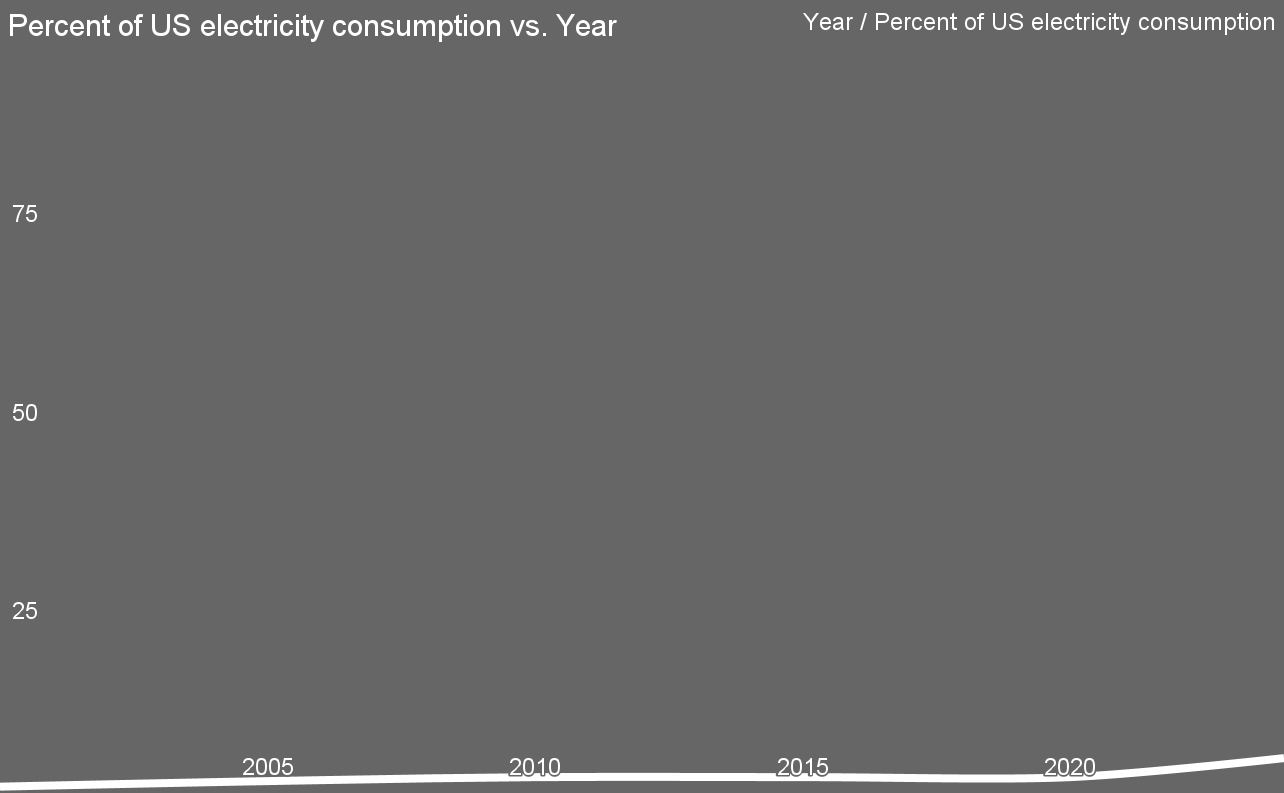Sign up for daily news updates from CleanTechnica on email. Or follow us on Google News!
Last Updated on: 20th February 2025, 06:48 pm
Defections from climate finance started with large US and Canadian banks that hoped to steer clear of right wing attacks on sustainability and renewable energy. Then Donald J. Trump took charge of the US executive branch and championed Big Oil as part of the euphemistic “energy dominance” mantra. Across the pond, though, the City of London Corporation and HM Government have co-launched the Transition Finance Council.
The difference is that the UK sees the global transition to a low carbon economy as a major opportunity to deliver sustainable growth.
Lord Alok Sharma, who has been appointed as chair of the Transition Finance Council, outlined that its intention is “to ensure that London is positioned as a preeminent financial hub for transition financing” and to “deliver at scale the finance to transition the global economy” to cleaner energy sources.
Moreover, it will serve as a monitoring and driving force for the Transition Finance Market Review (TFMR) recommendations published in October 2024. This blueprint seeks to provide capital to support decarbonization pathways and bolster finance flows to support the UK’s net zero transition. The Council endeavor was co-launched by the UK Government and the City of London Corporation.
The TFMR is distinct from pure green play finance in which bonds don’t automatically comply with Green Bond Principles (GBP). The pure play market is a recognized melange of environmental, climate, or otherwise themed bonds issued by organisations that are mainly or entirely involved in environmentally sustainable activities but that do not follow the four core components of the GBP: use of proceeds; process for project evaluation and selection; management of proceeds; and, reporting. The TFMR recommends enabling policies which incentivize investment in transition activities and the development of “clear and robust sectoral decarbonization pathways” that are supported by clear and credible corporate transition plans.
The proposals include the establishment of three bodies:
- the Transition Finance Council, which acts as a general hub for transition finance thought leadership and provides periodic reporting on implementation of the recommendations
- the Net Zero Council, which develops sector pathways and feedback on policy enablers and blockers
- the Transition Finance Lab, which develops financing structures and feedback on policy enablers and blockers
The goal of the Transition Finance Council is to raise and deploy high-integrity transition finance – the financial products and services that facilitate an economy-wide transition to net zero. It will rally the City of London, companies, and policymakers to scale funding for decarbonization efforts at home and abroad.
The Council will position the UK as the global leader in transition finance with three key functions:
- Drive forward implementation of the Transition Finance Market Review’s recommendations.
- Support transition finance capacity building and engagement with UK and international stakeholders.
- Convene working groups to advance priority areas aligned with the Council’s objectives.
The Transition Finance Council was one of the key recommendations of the TFMR and will include representation from the financial and professional services sectors, real economy, government, regulators, standard setters, and civil society. Irem Yerdelen, lead member for Sustainable Finance, will serve as deputy chair.
The Right Honorable Rachel Reeves, chancellor of the Exchequer, explained that growth is the priority for this government so that sustainable economic growth will accelerate the UK’s transition to net zero. The UK can become a global hub for green and transition finance, Reeves said, “promoting investment flows into green industries to create jobs and support the global transition to a sustainable future.”
The TFMR calls for scaling a high-integrity transition finance market with a focus on the decarbonization of high emitting sectors. This includes recommendations across three key pillars:
- Establishing clarity and credibility: Defining the scope of transition finance, and assurance as to how credibility will be determined
- Scaling finance for transition activities: Developing bridging solutions to finance the activities needed for companies to deliver on credible transition strategies
- Scaling finance for transitioning entities: Evolving transition finance and stewardship approaches to ensure the flow of capital to entities with a credible transition strategy
Identifying clean energy as the economic and industrial opportunity of the 21st century, the Right Honorable Ed Miliband, secretary of state for energy security and net zero, identified transition finance as the meant to accelerate investment into these sectors. The Transition Finance Council will have the ability to mobilize this finance “to help deliver our clean energy superpower mission and meet our international climate goals.”
The desire to growing national and corporate climate goals goes hand-in-hand with developing a robust transition finance market. Ensuring easy access to financial products and services is an important element of decarbonization of high-emitting sectors. By convening key stakeholders and supporting continued capacity building and collaboration, the Council’s aim is to leverage the UK’s existing strengths to credibly raise transition capital, invest, and obtain financial and professional services in support of UK and global net zero ambitions.
The Council includes representation from the financial and professional services sectors, real economy, government, regulators, standard setters, and civil society.
“I’m very pleased to say” that the UK “has a government which recognizes that there is no trade-off between economic growth and the drive to decarbonize the economy,” Sharma said. The country is “uniquely positioned to lead.”
Final Thoughts
Britain is moving ahead with its climate finance transition plans while other countries are floundering. While the Transition Finance Council is looking ahead to a net zero future, the US insurance sector’s climate alliance has been discontinued. Other groups in the fund management industry are on hiatus as they figure how to remain in sync with shareholders needs and the contemporary cultural climate.
Bloomberg notes that many chief sustainability officers are concerned they may no longer have the full support of their companies and leadership teams. “Finance is being politicized, if not weaponized,” said Clemens Calice, a former Goldman Sachs Group Inc. banker who set up his own investment and advisory firm, Cygnum Capital. “Companies are under increasing pressure to align with a side or an agenda.”
Seven of the world’s 10 largest economies missed a recent deadline to file updated emissions-saving plans with the United Nations. These are the world’s biggest polluter nations, but their climate targets efforts to curb global warming have come under pressure following US Trump’s election.
The UK was the only one to outline a strategy for the next decade that’s anywhere close to consistent with the Paris Agreement target to keep warming below 1.5C.
Chip in a few dollars a month to help support independent cleantech coverage that helps to accelerate the cleantech revolution!
Have a tip for CleanTechnica? Want to advertise? Want to suggest a guest for our CleanTech Talk podcast? Contact us here.
Sign up for our daily newsletter for 15 new cleantech stories a day. Or sign up for our weekly one if daily is too frequent.
CleanTechnica uses affiliate links. See our policy here.
CleanTechnica’s Comment Policy




